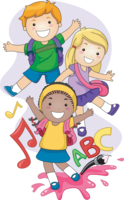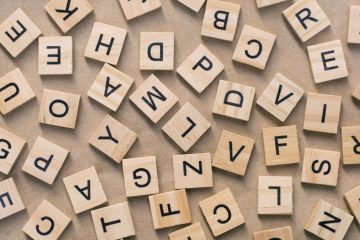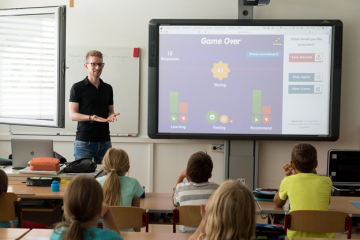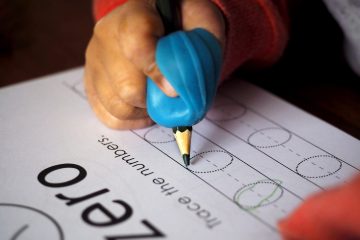I don’t think most parents have a clue how important they are to their child’s early reading success. Reading readiness begins from the moment your child is born – can you believe it? Children absorb and begin to learn language from birth, even when they are not yet communicating verbally. By the time children begin school, most of their neural pathways for letter sounds may already be set!
 Many parents will be thinking, “But I’m not a teacher! Kids learn how to read when they get to school.” True, they will most likely learn how to read once they begin their formal education. However, reading readiness begins at home, and daycare, and preschool, long before they ever begin kindergarten. During a child’s emergent literacy stage – from birth through preschool years – children see and interact with print in everyday situations, begin to recognize words that rhyme, recognize logos and street signs, and can name some letters of the alphabet.
Many parents will be thinking, “But I’m not a teacher! Kids learn how to read when they get to school.” True, they will most likely learn how to read once they begin their formal education. However, reading readiness begins at home, and daycare, and preschool, long before they ever begin kindergarten. During a child’s emergent literacy stage – from birth through preschool years – children see and interact with print in everyday situations, begin to recognize words that rhyme, recognize logos and street signs, and can name some letters of the alphabet.- Talk a lot – Talk to your child and respond to questions as much as possible. It seems silly to have to say it, but many households and cultures don’t encourage talking with young children, and this can severely limit their vocabularies. Also, weak verbal and auditory abilities make a child more likely to struggle learning how to read in school.
- Use new vocabulary – Resist the urge to only use simple words you know your child knows – this limits their vocabulary! Use new words and explain them when you are out and about, in a new setting, or watching a show. For example, don’t call all of the primates at the zoo monkeys, use the words gorilla, chimpanzee, and orangutan.
- Point out new things – Name objects, people, traffic signs, and logos around you in your environment. Rattle off names of different foods as you go through the grocery store. Play the “I Spy” game with your child.
- Build phonological awareness – Think of it as sound awareness. It’s your child’s ability to recognize that words are made up of separate speech sounds. Seems like a no-brainer to an adult, but this is something children don’t know automatically – they have to learn it. Sing together, recite nursery rhymes, and play rhyming games. Make up silly sentences or tongue twisters using alliteration, e.g. Silly Sally sells seashells by the sea shore. If you play “I Spy,” instead of saying the name of the object you want your child to find, say the first letter sound of the object’s name (“I spy, with my little eye, something that starts with mmm” for McDonalds). Point to an object, like a table, and say the first sound together, /t/.
- Teach letter sounds correctly– Yes, I have letter sounds here, NOT the names of the letters. Clearly hearing and identifying differences among spoken sounds is a key component to reading development. Emphasizing the sounds the letters make will better prepare your child for sounding out words with those letters later. Speak clearly when pronouncing and teaching letter sounds. Try not to add extra sounds to the letters though, as this is a common mistake that can really mess up your child’s perception of the letters. Say /b/ not /buh/, and /mmm/ not /muh/. Also, keep in mind that many children have trouble hearing the difference between short vowel sounds – (apple, elephant, igloo, octopus, umbrella), so practice those a lot. Watch letter videos on the computer and play games that have a sound component to them.
- Read to your child – Early exposure to books can help your child’s early literacy development. Read and reread favorite picture and story books. Visit the library or local bookstore. Establish a daily reading time (ours was before bed). Read with expression and use different voices for characters. Point to words and pictures as you read. Mix it up by reading some non-fiction selections too, maybe information on a favorite animal or sport. Remember, more books equals a larger vocabulary.
- Improve short term memory – Playing memory games can help strengthen memory skills, another important component of the reading process. Play Memory matching games, Simon Says, what is missing games, and sing songs like “Bingo” or “Farmer in the Dell.”



